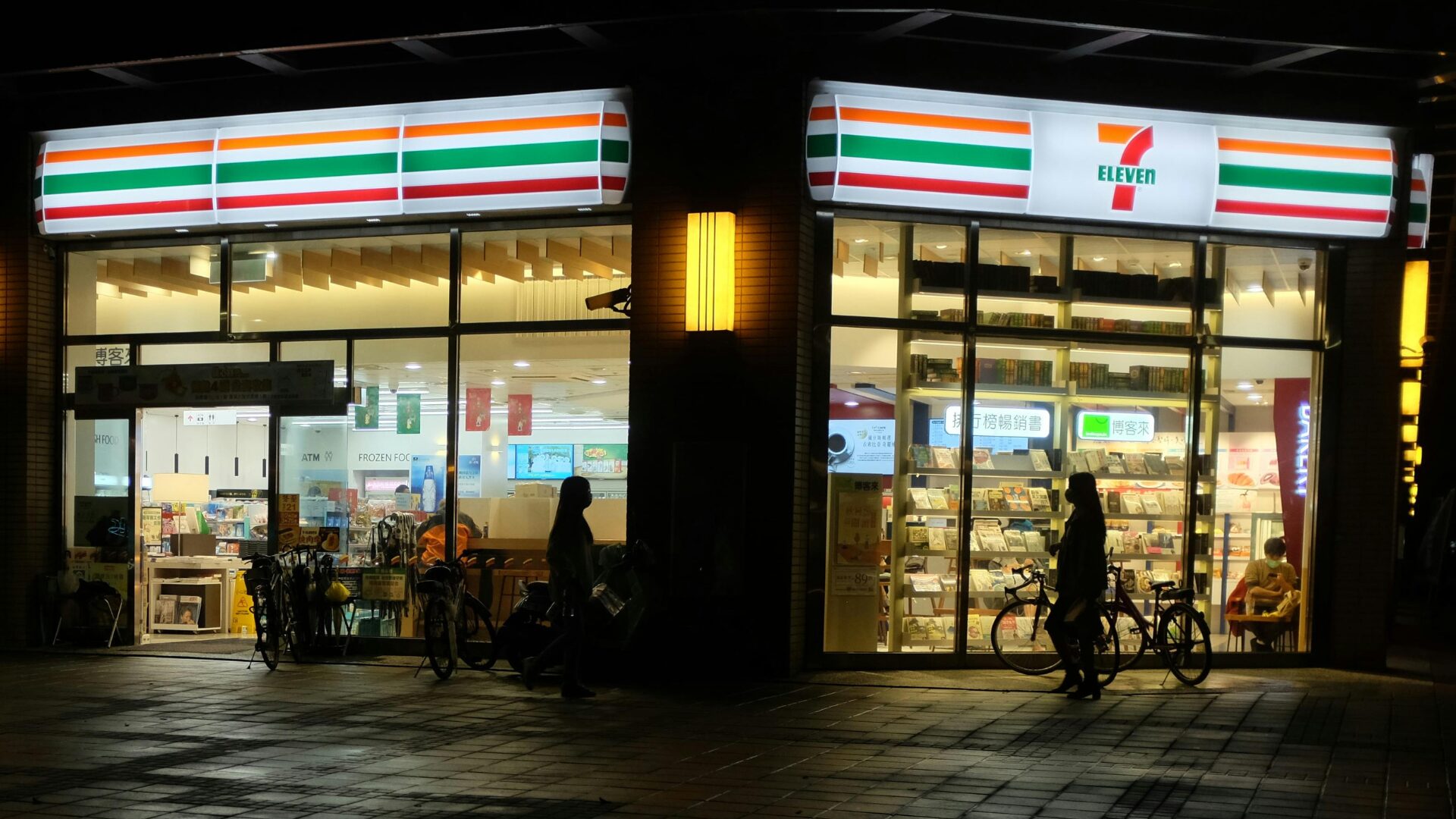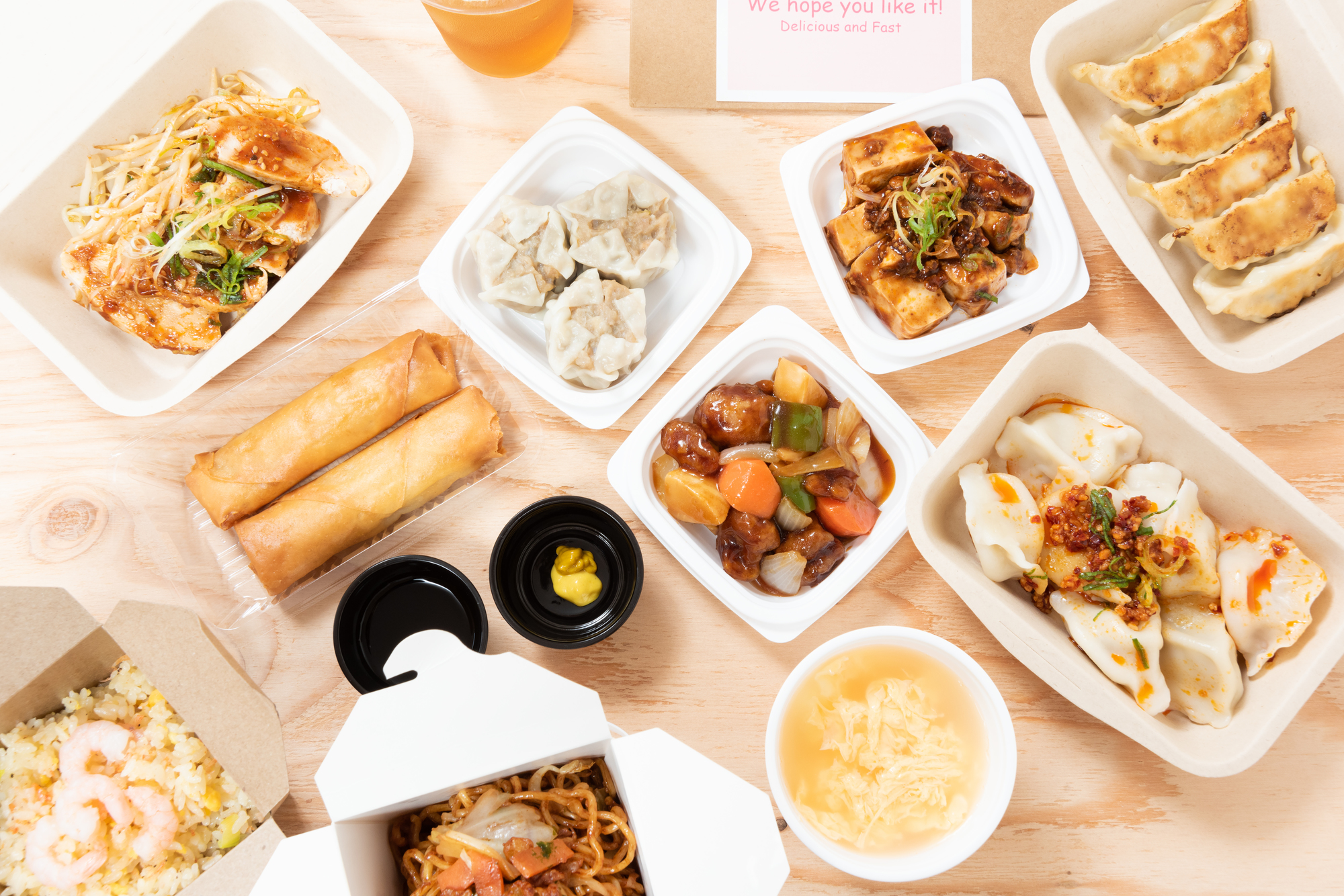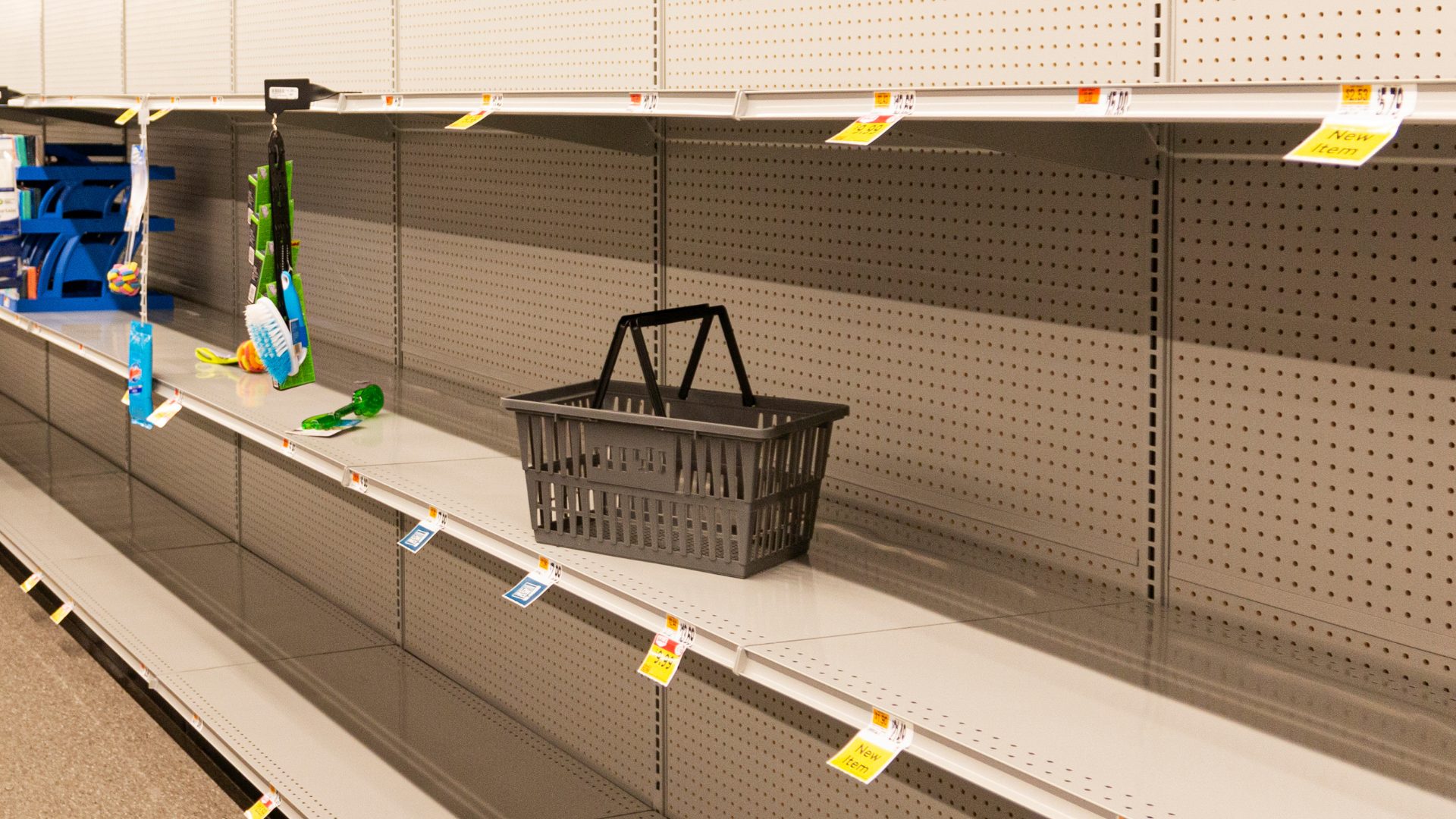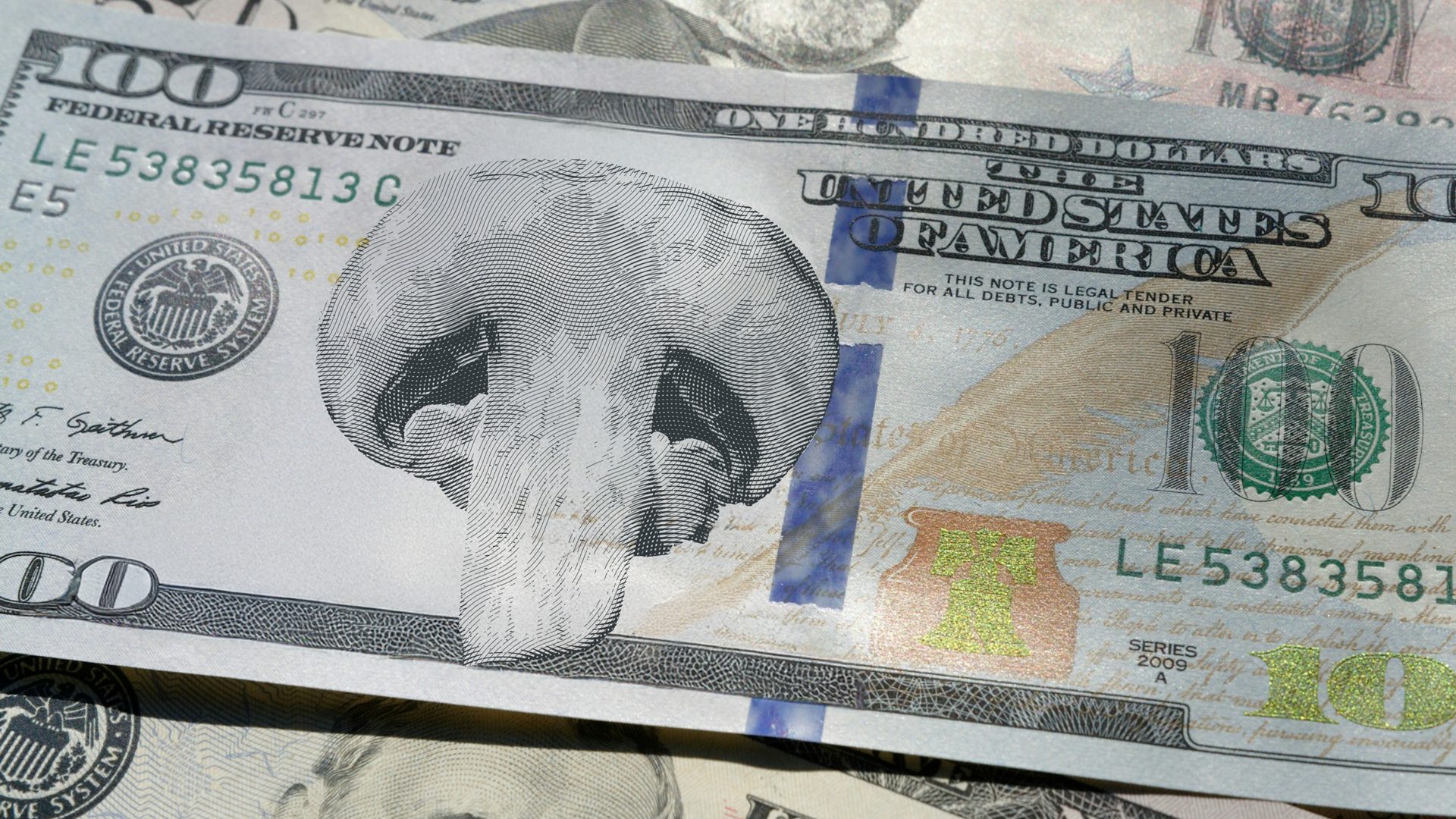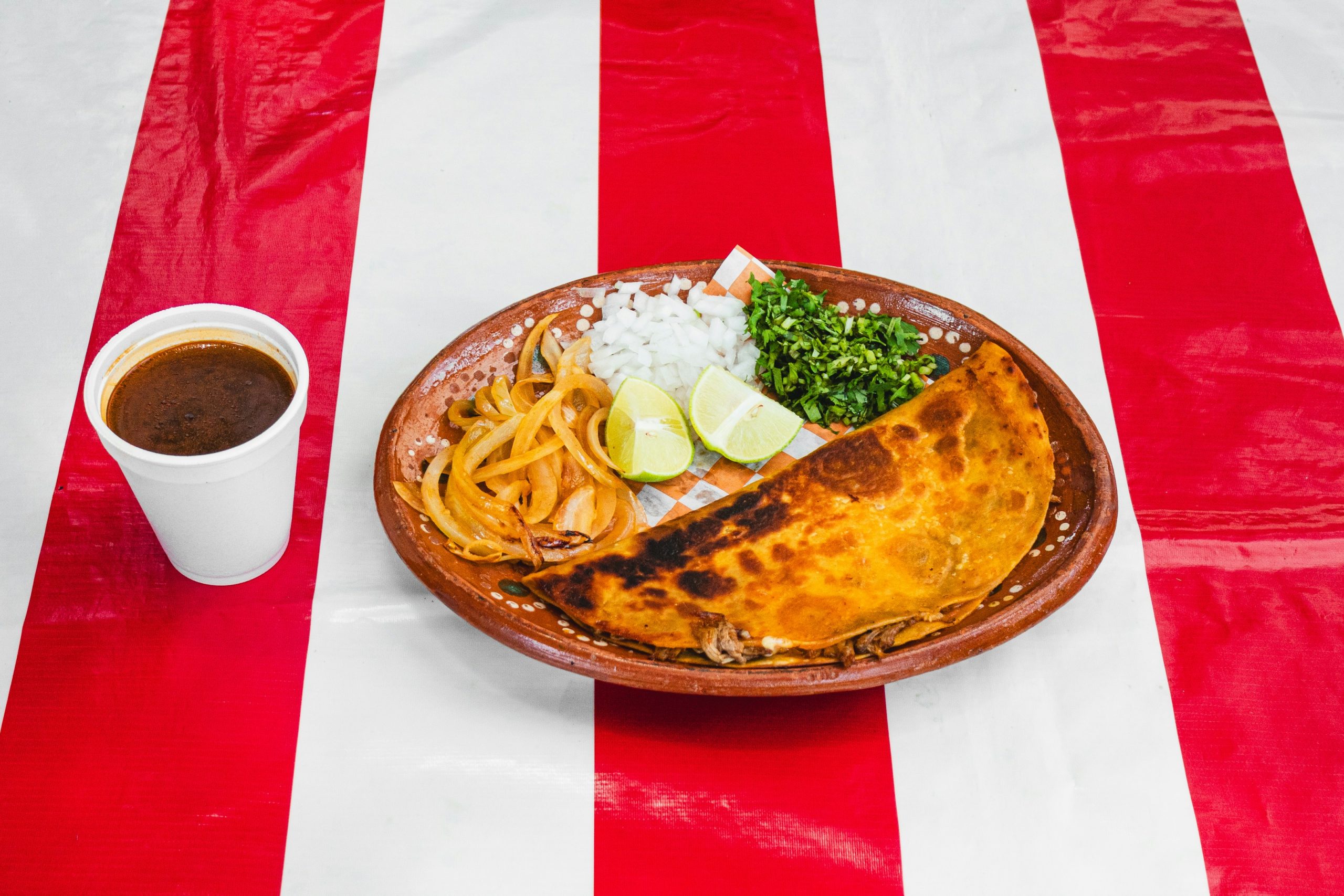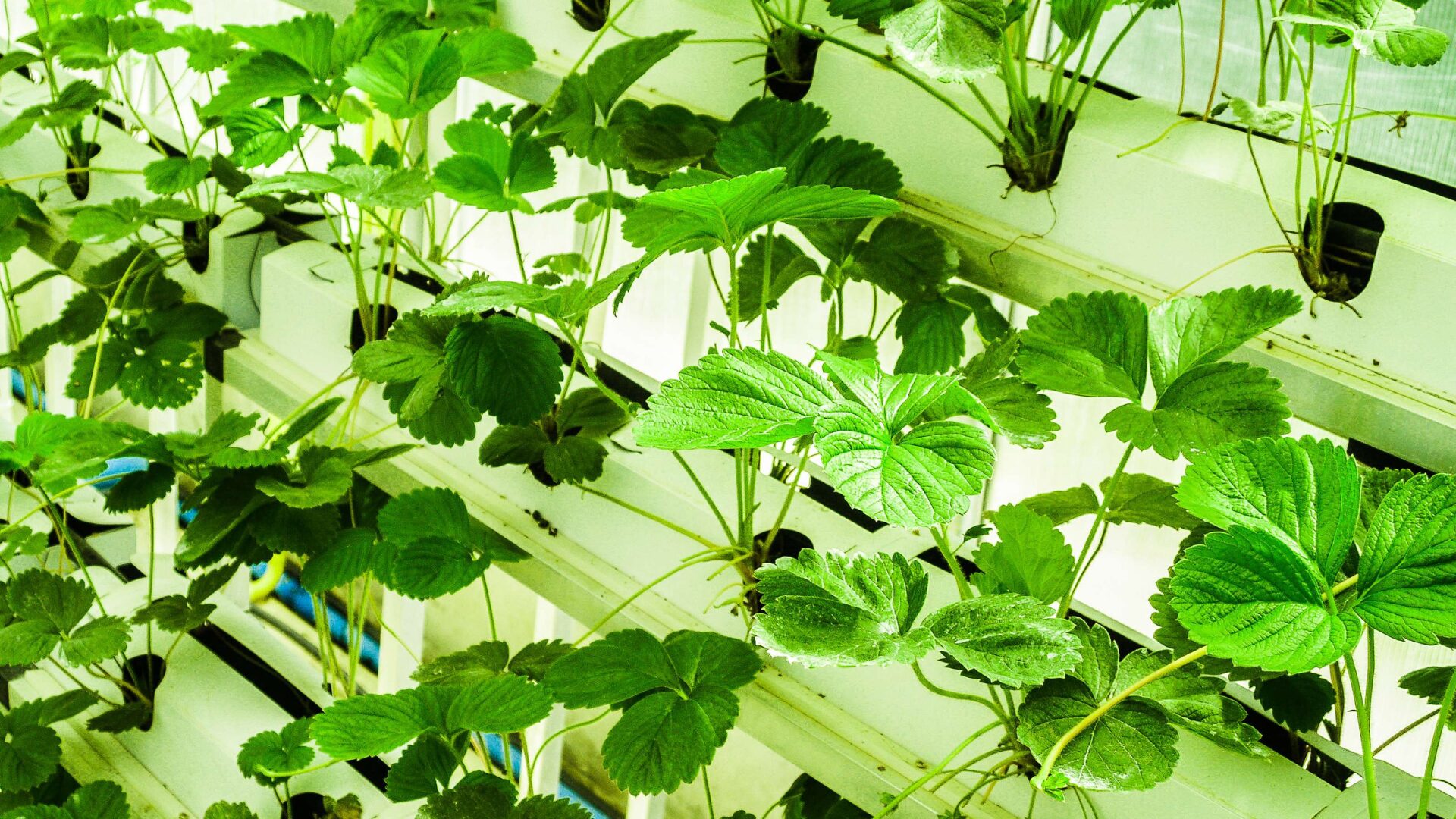7-Eleven parent Seven & i Holdings Co. is set on innovating the convenience store experience. At its recent investor day, the retail giant revealed plans to transform the store experience with a targeted rollout of roughly 500 “New Standard” stores by 2027.
The new design was created by testing its “Evolution” store pilots, which explored higher-quality offerings, attached Laredo Taco Company restaurant concepts, integrated digital touchpoints, and omnichannel pickup and delivery options. New Standard stores will continue offering a similar experience; however, update certain areas by leveraging “key learnings.”
“Our new stores are food and beverage forward, and our customers appreciate them, and the stores continue to improve,” said 7-Eleven CEO Joseph DePinto in a statement.
As tobacco sales continue to decline, as evidenced by the Investor Day report, 7&i is looking to replace the loss of income with its food offerings. The C-store giant explained that, although cigarette purchases accounted for a reduced share of sales, hot food, daily food, and frozen food all experienced growth, signaling a healthy expansion area for the retailer.
“From a product perspective, affordable, high-quality foods are becoming more important in the United States for our customers,” said DePinto.
The “New” New 7-Eleven Standard
So, what will a New Standard store array look like as 7-Eleven transitions to meet the company’s targets? Although not explicitly outlined, some recent decisions in 7-Eleven’s overall strategy offer a glimpse into the chain’s next generation of store experiences.
As with Evolution stores, these innovations will likely take the same domestic approach as their Japanese counterparts, engaging in “tanpin kanri” where store assortments are localized to meet community needs, explained chief marketing and sustainability officer at 7-Eleven Marissa Jarratt, in an interview with The Wall Street Journal. During the Investor Day, 7-Eleven noted that customers were craving personalization, making this approach a necessity.
These products will also embody some updates coming to prepared food offerings.
“The food and beverage modernization program…expands our assortment of hot food with grab-and-go cases, specialty coffee beverages, self-serve roller grills, and bake-in store food offerings,” said the CEO. The program is already available in almost 5,000 stores with an additional 1,900 to receive these updates by year’s end.
Moreover, quality is the name of the game for a retailer currently touting recent investments into a network of 16 prepared food commissaries and 16 bakeries to provide locations with fresh-prepared foods. Two featured locations include partnerships with Warabeya Texas and Warabeya Virginia, two arms that offer “enhanced” commissaries with a premium selection of products.
“These [enhanced] commissaries enable broader food manufacturing capabilities providing for the development of higher-quality and further differentiated products similar to those seen in 7-Eleven Japan and 7-Eleven Hawaii,” said DePinto.
7-Eleven Japan is a beloved staple of the Japanese market, with a diverse selection of innovative foodservice products. It’s no surprise that the company’s U.S. arm is endeavoring to take on some of that glory. By 2027, the chain revealed it projects its next generation commissary network to reach 45% of U.S. locations.
Already New Standard stores, like the flagship location in Allen, Texas, have ushered in an era of promise, boasting improved ROIs and outpaced sales compared to previous-era locations. Same-store sales are up 13%.
The Potential Buyout
The news follows ongoing conversations with the parent company and Canadian chain Alimentation Couche-Tard to buy 7&i for $47 billion. The relationship between the two retail giants oscillates between hostility and worry. Weeks after the news first came to light, the 7-Eleven parent explored a protected status in Japan that would make it more difficult for a foreign entity to purchase.
The seemingly reactionary strategy caused industry investors to question the company’s motives, and whether they’re operating in the best interests of shareholders, noted Financial Times.
The latest development in the buyout saga suggests that the 7&i founding Ito family aims to raise the equivalent of $52 billion to take the company private by the end of the fiscal year, reports Reuters. The family is allegedly engaging in talks with major U.S. institutions and lenders in Japan to raise enough funds for the venture.
This tenuous backdrop may be why the Japanese giant’s recent investor day remained so focused on accelerating shareholder value, setting ambitious financial objectives to nearly double its group sales between 2023 and 2030, from roughly $115 billion to nearly $200 billion, despite economic headwinds.
As part of the strategy, however, the chain is also accepting some areas where it may have missed the mark – revealing that it will close 444 underperforming stores. There are roughly 84,650 7-Eleven stores across 20 countries, primarily in North America and the Asia-Pacific regions.


